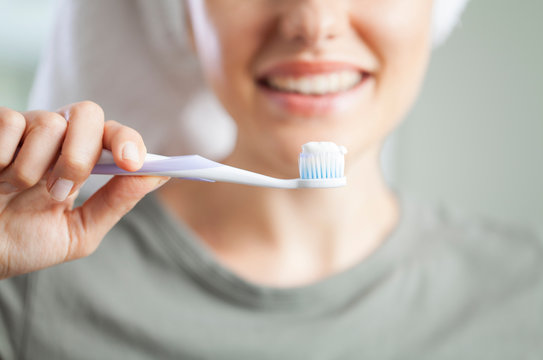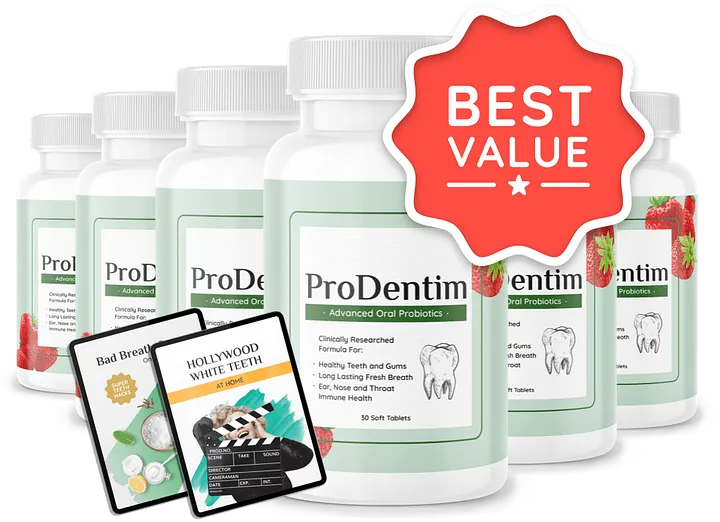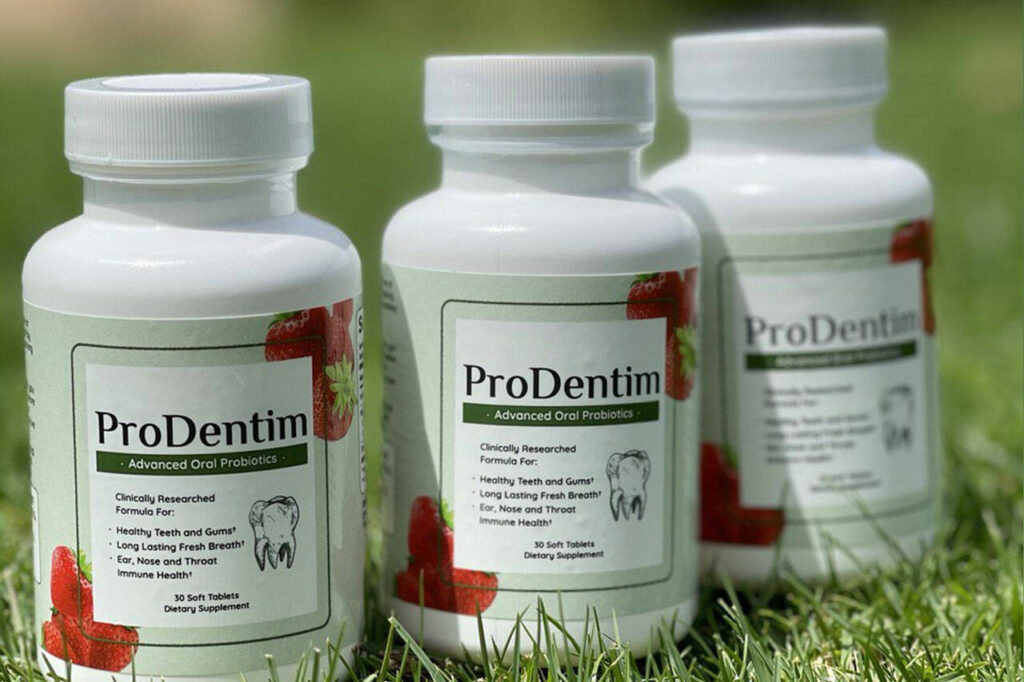
Brushing your teeth is one of the most important habits for maintaining good oral health. While it seems simple, brushing your teeth the right way can make all the difference in preventing cavities, gum disease, and ensuring your smile stays bright. In this blog, we’ll explore essential tooth brushing tips to help you improve your brushing routine and get the most out of your dental care.
Table of Contents
- Introduction
- How to Brush Your Teeth Correctly
- Common Tooth Brushing Mistakes
- Toothbrush Selection: What You Need to Know
- Brushing Tips for Sensitive Teeth
- The Importance of Fluoride Toothpaste
- How Often Should You Brush?
- Expert Opinions on Tooth Brushing
- Conclusion
- FAQs
Introduction
Tooth brushing is a simple yet crucial part of your oral care routine. The way you brush, the tools you use, and how often you clean your teeth can significantly affect your overall dental health. Let’s dive into some expert-backed tips to make your tooth brushing more effective.
What is Prodentim?
For the best oral care results, combining effective tooth brushing techniques with advanced products like Prodentim can make all the difference. Prodentim’s innovative technology ensures a deeper clean by reaching areas that traditional toothbrushes might miss. With its ultrasonic vibrations and ergonomic design, Prodentim effectively removes plaque, reduces gum sensitivity, and promotes healthier gums. By integrating Prodentim into your daily brushing routine, you’ll experience a significant improvement in both oral hygiene and overall dental health. Ready to elevate your brushing routine? Click here to get Prodentim and achieve a healthier, brighter smile today!
”Ready to upgrade your brushing routine? Try Prodentim today for a deeper clean and healthier smile!”
How to Brush Your Teeth Correctly
Brushing your teeth properly involves more than just moving the toothbrush around. Here are the steps for an effective clean:
- Use a soft-bristle toothbrush: Gentle on gums, yet effective on plaque.
- Position the toothbrush at a 45-degree angle: This allows you to clean both teeth and gums.
- Brush for at least two minutes: Cover all surfaces—outer, inner, and chewing surfaces.
- Use gentle, circular motions: Avoid harsh scrubbing to protect your enamel and gums.
- Don’t forget your tongue: It harbors bacteria that can cause bad breath.
Common Tooth Brushing Mistakes
Many people make common mistakes when brushing, which can hinder their dental hygiene:
- Brushing too hard: Over-brushing can lead to gum recession and enamel damage.
- Skipping the gums: Cleaning along the gumline is crucial for preventing gum disease.
- Using an old toothbrush: Replace your toothbrush every 3-4 months or when the bristles are frayed.
- Brushing for less than two minutes: Anything shorter may not thoroughly clean your teeth.
Toothbrush Selection: What You Need to Know
Choosing the right toothbrush is essential for effective brushing. Here’s what to look for:
- Soft bristles: They clean effectively without causing damage to gums or enamel.
- Size matters: Choose a toothbrush head that comfortably fits in your mouth and reaches all areas.
- Consider electric toothbrushes: They can provide a deeper clean with less effort and are especially helpful for people with mobility issues or braces.
Brushing Tips for Sensitive Teeth
If you have sensitive teeth, brushing can sometimes be uncomfortable. Follow these tips to ease discomfort:
- Use toothpaste for sensitive teeth: This helps to protect the exposed dentin and reduce sensitivity.
- Brush gently: Avoid applying too much pressure when brushing sensitive areas.
- Choose a soft toothbrush: It will minimize irritation to your gums and teeth.
The Importance of Fluoride Toothpaste
Fluoride plays a crucial role in tooth brushing. It helps to strengthen tooth enamel and prevent cavities. Make sure to choose a toothpaste that contains fluoride for the best protection.
How Often Should You Brush?
To maintain optimal dental health, it’s recommended to brush your teeth at least twice a day—once in the morning and once before bed. Brushing after meals can also help remove food particles and plaque buildup.
Expert Opinions on Tooth Brushing
Dental professionals recommend brushing twice daily, using fluoride toothpaste, and changing your toothbrush every few months. They also stress the importance of flossing and regular dental checkups to complement your brushing routine for full oral health care.
Conclusion
Brushing your teeth properly is the foundation of good oral hygiene. By following the correct brushing techniques, using the right toothbrush, and incorporating fluoride toothpaste into your routine, you can maintain a healthy smile for years to come. Make sure to avoid common mistakes like brushing too hard or not brushing long enough, and consider switching to an electric toothbrush for a deeper clean. With these tooth brushing tips, you’re on your way to achieving excellent dental health.
FAQs
- How often should I change my toothbrush?
You should replace your toothbrush every 3-4 months or when the bristles begin to fray. - Is an electric toothbrush better than a manual one?
Both can be effective, but electric toothbrushes often provide a more thorough clean with less effort. - How long should I brush my teeth?
Dentists recommend brushing for at least two minutes, twice a day. - Should I brush my teeth after every meal?
While it’s not necessary to brush after every meal, doing so can help remove food particles and prevent plaque buildup.

